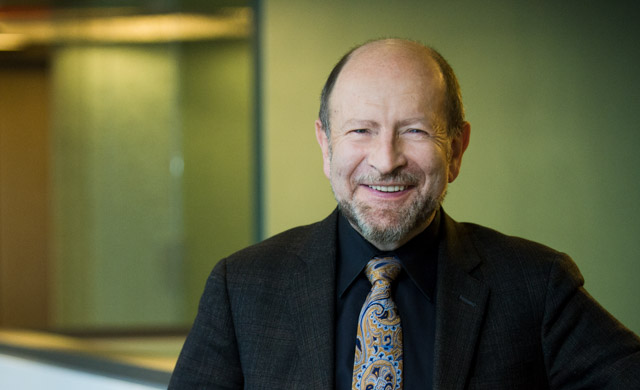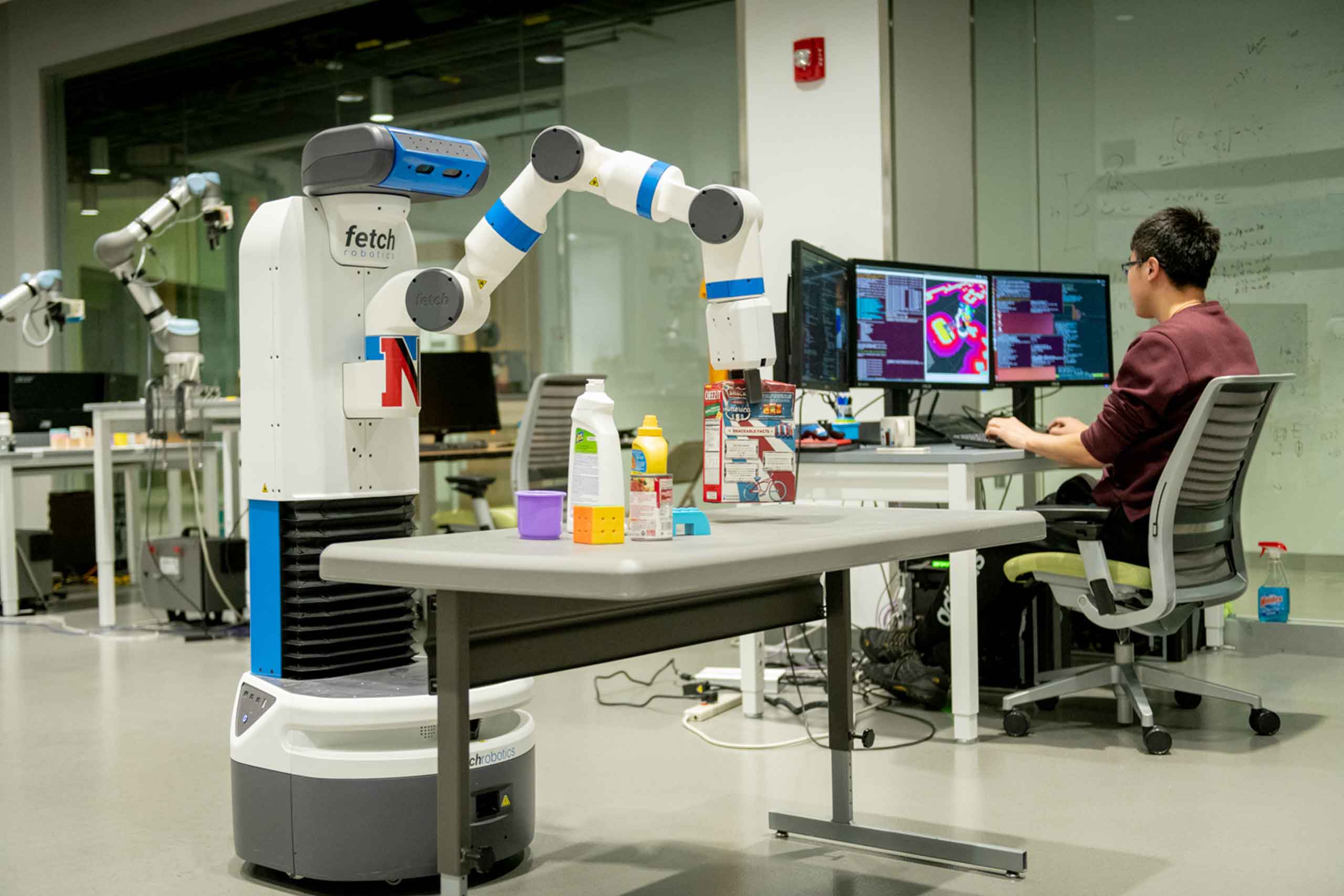

Misha Pavel

Research Professor
Interdisciplinary With Bouvé
Boston

Misha Pavel
Research Professor
Interdisciplinary With Bouvé
Boston



Research Professor
Interdisciplinary With Bouvé
Boston

Research Professor
Interdisciplinary With Bouvé
Boston



Research Professor
Interdisciplinary With Bouvé
Boston

Research Professor
Interdisciplinary With Bouvé
Boston
Misha Pavel is a research professor at Northeastern University, holding joint appointments with the Khoury College of Computer Sciences and the Bouvé College of Health Sciences. He earned his doctorate in experimental/mathematical psychology from New York University, his master’s in electrical engineering from Stanford University and his bachelor’s in electrical engineering from the Polytechnic Institute of Brooklyn.
Pavel’s research is in behavioral informatics, with a focus on multi-scale computational modeling of behaviors and their control, which has applications ranging from elder care to augmentation of human performance. Pavel has developed several computational models of perceptual and cognitive processes, including eye movement control and a theoretical framework for knowledge representation. The resulting models have been applied in a variety of areas, including computer-assisted instruction systems, enhanced vision systems for aviation, and augmented cognition systems.
Pavel uses these model-based approaches to develop algorithms transforming unobtrusive monitoring from smart homes and mobile devices to useful and actionable knowledge for diagnosis and intervention. Under the auspices of the Northeastern-based Consortium on Technology for Proactive Care, Pavel and his colleagues target technological innovations to support the development of economically feasible, proactive, distributed, and individual-centered healthcare. In addition, he is investigating approaches to inferring and augmenting human intelligence using computer games, EEG, and transcranial electrical stimulation.
Previously, Pavel was the director of the Smart and Connected Health Program at the National Science Foundation, a program co-sponsored by the National Institutes of Health. Earlier, he served as the chair of the Department of Biomedical Engineering at Oregon Health & Science University, a Technology Leader at AT&T Laboratories, a member of the technical staff at Bell Laboratories, and faculty member at Stanford University and New York University. He is a senior life member of IEEE.
Misha Pavel is a research professor at Northeastern University, holding joint appointments with the Khoury College of Computer Sciences and the Bouvé College of Health Sciences. He earned his doctorate in experimental/mathematical psychology from New York University, his master’s in electrical engineering from Stanford University and his bachelor’s in electrical engineering from the Polytechnic Institute of Brooklyn.
Pavel’s research is in behavioral informatics, with a focus on multi-scale computational modeling of behaviors and their control, which has applications ranging from elder care to augmentation of human performance. Pavel has developed several computational models of perceptual and cognitive processes, including eye movement control and a theoretical framework for knowledge representation. The resulting models have been applied in a variety of areas, including computer-assisted instruction systems, enhanced vision systems for aviation, and augmented cognition systems.
Pavel uses these model-based approaches to develop algorithms transforming unobtrusive monitoring from smart homes and mobile devices to useful and actionable knowledge for diagnosis and intervention. Under the auspices of the Northeastern-based Consortium on Technology for Proactive Care, Pavel and his colleagues target technological innovations to support the development of economically feasible, proactive, distributed, and individual-centered healthcare. In addition, he is investigating approaches to inferring and augmenting human intelligence using computer games, EEG, and transcranial electrical stimulation.
Previously, Pavel was the director of the Smart and Connected Health Program at the National Science Foundation, a program co-sponsored by the National Institutes of Health. Earlier, he served as the chair of the Department of Biomedical Engineering at Oregon Health & Science University, a Technology Leader at AT&T Laboratories, a member of the technical staff at Bell Laboratories, and faculty member at Stanford University and New York University. He is a senior life member of IEEE.











